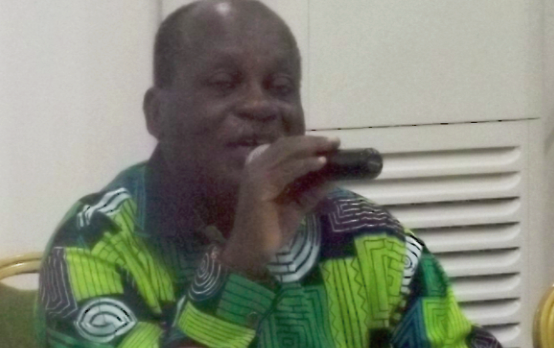
Police deploy riot, crowd control equipment to regions
About 55,270 pieces of equipment for riot and crowd control and general policing have been deployed to the 11 police regional commands across the country for the 2016 polls.
Advertisement
The equipment includes tactical shields and helmets, teasers, batons and pepper sprays.
The Director of Operations of the Ghana Police Service, Dr Benjamin Agordzo, disclosed this when he briefed regional coordinators of the 2016 Election Situation Rooms (ESRs) on the plans of the security agencies before, during and after the elections.
Based on that and many other initiatives that include the development of operational manuals, guidelines and standard operation procedures in the management of situations, as well as dialogue among the security agencies and political actors, he expressed optimism that there would be a peaceful Election 2016.
“I see peaceful elections because I see the preparations to be intense,” he said.
Dr Agordzo said dialogue, conversations, discussions and mobilisation of effort by the security agencies and civil society organisations all showed the intensity of efforts in securing peaceful polls.
The 2016 ESRs is a strategy by the Institute of Democratic Governance-Ghana (IDEG) and the Civic Forum Initiative (CFI) developed to create a hub for the collection, collation and processing of information across the country before, during and after the 2016 elections.
It will be coordinated nationally by a steering committee, with regional and district situation rooms to give real-time information to district, regional and national election security task forces, the Electoral Commission (EC) and Ghanaians in general.
Conversation
Dr Agordzo explained the tactics adopted by the Ghana Police Service to ensure peaceful elections in the face of threats to the security of the country, such as the various vigilante groups and the use of abusive and intemperate language by politicians.
He said in the aftermath of the Talensi by-election, the special investigative task force set up to probe the violence did so with the aim of understanding the reasons for and the triggers of the violence.
Subsequently, the police adopted dialogue with the political parties, most of whom dissociated themselves from the many groups that caused violence in Talensi.
“We secured a signed document from the political parties committing themselves to peace in Ada on May 25, 2016, which we call the Ada Communique,” he said.
He said the police would hold the political parties which signed the pledge to account if they sponsored any violence before, during and after the elections.
Dr Agordzo also enumerated the dialogues and meetings with political parties by the Inspector-General of Police (IGP) and his team to ensure understanding and peace.
“We are building confidence between the police and stakeholders. Our strategy is dialogue; conversation and not confrontation,” he stressed.
Agents
Opening the workshop for about 20 regional coordinators of the ESRs, the Chairman of the CFI, Major Gen Carl Coleman, told the coordinators, “You are agents of change.”
He tasked them to get reliable information on the conduct of peaceful polls and underscored the huge task ahead of them as they started to recruit Ghanaians and train them to be effective and efficient change agents for the 2016 polls.
“We are doing this for Mother Ghana, so that in the end we will all be assured that the country is at peace,” he said.
Duty
The Project Coordinator and Senior Research Fellow of IDEG, Mr Kwesi Jonah, in an overview of the political and security context of the 2016 elections, outlined the drivers of election violence in the country, including intemperate language, with political parties talking at one another, instead of to one another.
“We must remember that politics is also about cooperation,” he said.
He indicated that slow economic growth in Ghana had resulted in the lack of employment opportunities, leading to the mushrooming of vigilante groups with members who were “young and strong and most often unemployed”.
“No wonder that they have found jobs in the vigilante groups and are causing mayhem,” he added.
Mr Jonah proposed the revisiting of the devolution of power in the political system to ensure that the control of the country’s resources and power did not stagnate in the hands of only one party at a time.
He also urged all to be agents of peace and dialogue.
A former Head of Training at the EC, Mr Augustine Okrah, took participants through the processes leading to the Election Day.
Writer's email: [email protected]



